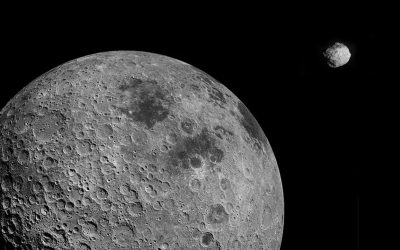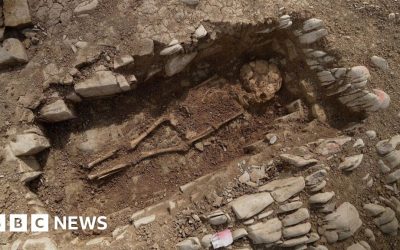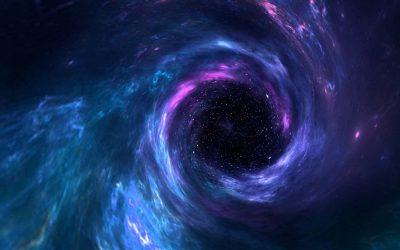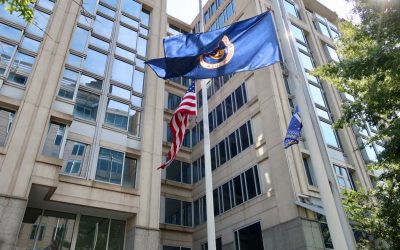
Sustained in the brain: How lasting emotions arise from brief stimuli, in humans and mice
We don’t always understand our emotions, but we couldn’t lead normal lives without them. They steer us through life, guiding the decisions we make and the actions we take. But if they’re inappropriate or stick around for too long, they can cause trouble. Neuroscientists and psychiatrists, despite their best efforts, don’t understand nearly enough about…







